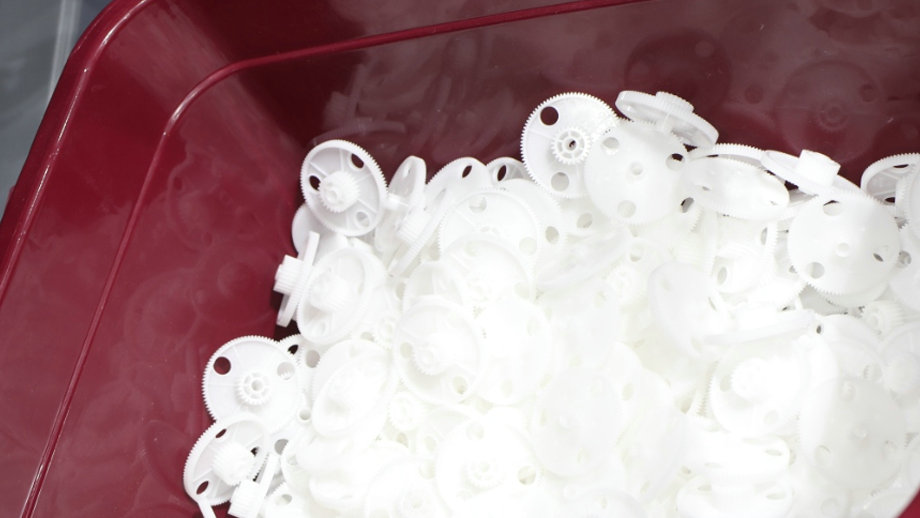If you’re in the business of injection molding, you know how crucial it is to select the right materials for your product. The type of material you choose can make or break the success of your project. With so many options available, it can be overwhelming to determine which one is best suited to your requirements. In this article, we’ll go over ten factors to consider when choosing materials for injection molding.

- Physical Properties
One of the most important things to consider when selecting materials for injection molding is their physical properties. You’ll need to think about factors like the hardness, strength, and durability of the material. Consider the application of the product and the environment in which it will be used. Do you need a material that can withstand high temperatures or extreme pressure?
- Chemical Properties
In addition to physical properties, you’ll also need to consider the chemical properties of the material. Will it be exposed to chemicals or other substances that could cause damage or degradation? You’ll want to choose a material that can resist corrosion and chemical reactions.
- Cost
Cost is always a factor in any manufacturing project, and injection molding is no exception. You’ll need to balance the cost of the material with its performance and durability. Cheaper materials may save you money upfront, but they may not be effective in the long run.
- Color
The color of the material is another important consideration, especially if your product is intended for consumer use. You’ll want to choose a material that can be easily colored or has the desired color already built in.
- Availability
Is the material readily available? You don’t want to choose a material that is difficult to source or has long lead times. Consider the availability of the material and how it may affect your production timelines.
- Regulatory Compliance
If your product is intended for use in industries such as healthcare or food and beverage, you’ll need to ensure that the material you choose complies with regulatory requirements. Look for materials that are FDA or ISO certified.
- Production Method
The production method you use for injection molding can also impact the materials you choose. Some materials may not be suitable for certain types of molds or processes. Consider how the material will be molded and how it will affect production efficiency.
- Recycling
Sustainability is becoming increasingly important in manufacturing. Consider whether the material you choose can be recycled or reused. Choosing a sustainable material can be a selling point for your product.
- Surface Finish
The surface finish of the product can impact its appearance and performance. Consider the texture and finish of the material and how it will affect the final product.
- Compatibility with Other Materials
Finally, consider whether the material you choose is compatible with other materials that may be used in the product. You’ll want to ensure that all materials work together effectively and don’t cause any adverse reactions or degradation.

In conclusion, choosing the right materials for injection molding is a critical step in the manufacturing process. By considering the ten factors we’ve outlined, you can make an informed decision that will lead to a successful project. At JS Precision, we have years of experience in injection molding and can help you select the best materials for your product. Contact us today to learn more.
